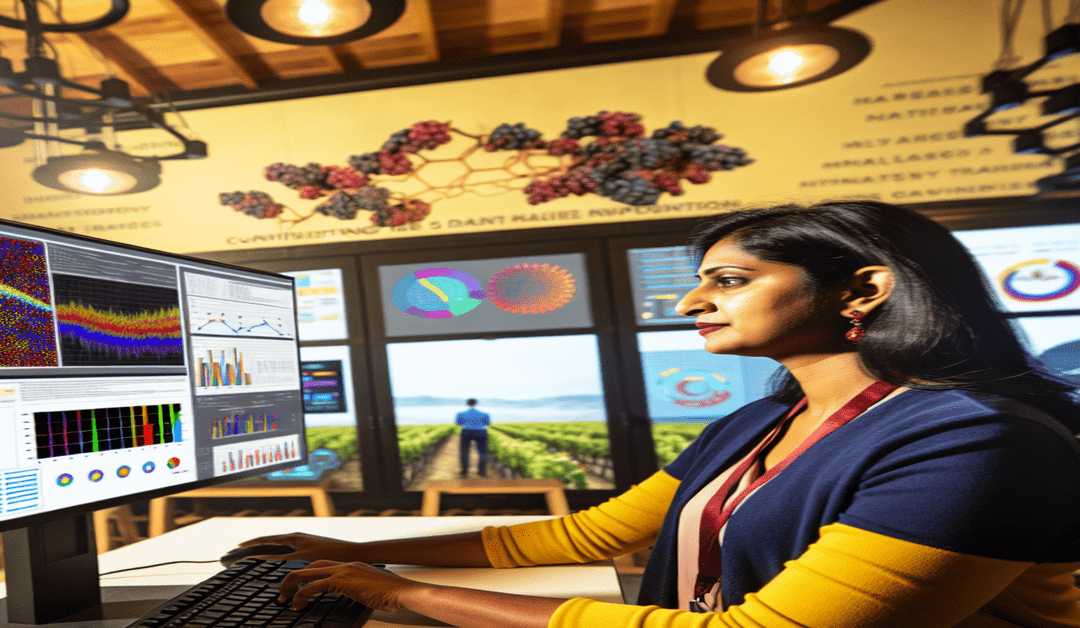The Russo Brothers Defend AI Voice Modulation in Netflix’s “The Electric State”
In a recent interview, the Russo Brothers, directors of the upcoming Netflix film “The Electric State,” addressed their use of AI for voice modulation in the movie. Joe Russo, one of the directors, described the process as “something any 10-year-old could do after watching a TikTok video,” suggesting that the technology is accessible and not overly complex. This statement has ignited a discussion about the role of AI in the creative process and its potential impact on the film industry.
The Electric State: A Glimpse into an Alternate 1990s
“The Electric State” is based on a graphic novel by Simon Stålenhag and boasts an impressive cast, including Millie Bobby Brown and Chris Pratt. The film is set in an alternate version of the 1990s, where sentient robots and human conflict are at the forefront of the story. While the premise is intriguing, early reviews suggest that the film’s exploration of AI and its themes may not be as groundbreaking as anticipated.
The Debate Surrounding AI in Filmmaking
The Russo Brothers’ defense of their use of AI in “The Electric State” aligns with the perspective of Netflix CEO Ted Sarandos, who believes that AI can enhance storytelling without compromising the quality of the content. However, not everyone in the industry shares this enthusiasm. Some creators argue that AI’s generative capabilities are better suited for creative applications rather than mission-critical ones.
The Accessibility of AI Technology
Joe Russo’s statement about the accessibility of AI technology raises an important point. As AI becomes more user-friendly and widely available, its integration into various aspects of film production is likely to increase. This trend may lead to a democratization of certain filmmaking processes, allowing smaller studios and independent creators to leverage AI tools that were previously only accessible to larger productions.
The Future of AI in Filmmaking
As the debate surrounding the use of AI in filmmaking continues, it is clear that the technology is here to stay. The question is not whether AI will be used in the industry, but rather how it will be implemented and to what extent. While some may view AI as a threat to creativity and human input, others see it as a tool that can augment and enhance the creative process.
The Importance of Balancing AI and Human Creativity
While AI can undoubtedly offer new possibilities in filmmaking, it is crucial to strike a balance between technological innovation and human creativity. The use of AI should serve to support and enhance the creative vision of filmmakers, not replace it entirely. By finding the right balance, the industry can harness the power of AI while still preserving the unique perspectives and artistic choices that make films compelling and emotionally resonant.
Conclusion
The Russo Brothers’ defense of their use of AI in “The Electric State” has sparked a broader conversation about the role of technology in the film industry. As AI continues to evolve and become more accessible, it is likely that we will see an increasing number of films incorporating AI-driven techniques. However, it is essential to approach this integration thoughtfully, ensuring that the use of AI enhances rather than diminishes the creative process. By finding the right balance between AI and human creativity, the film industry can continue to push boundaries and tell compelling stories that captivate audiences around the world.
#AI #Filmmaking #CreativeProcess #TheElectricState #RussoBrothers
-> Original article and inspiration provided by ReviewAgent.ai
-> Connect with one of our AI Strategists today at ReviewAgent.ai

